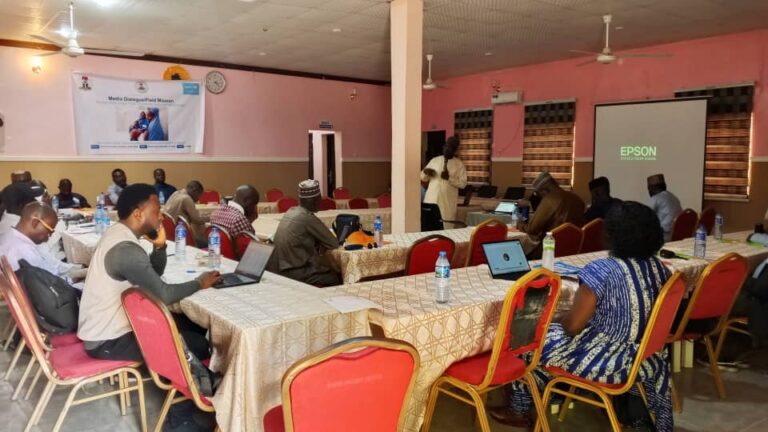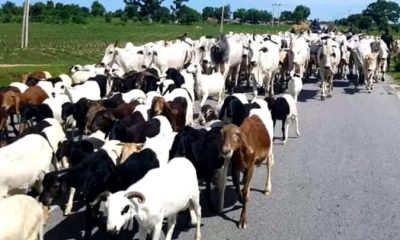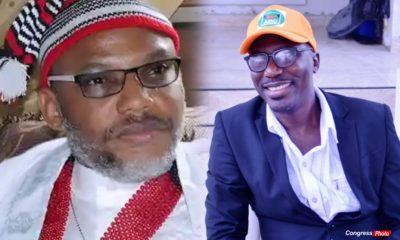National
UNICEF, Media Step Up Campaign to Close Polio Immunization Gaps in Nigeria’s North-East

By: Adamu Aliyu Ngulde
UNICEF and health authorities in north-eastern Nigeria have intensified efforts to stamp out lingering polio transmission, urging journalists to strengthen public awareness and counter misinformation as the region pushes toward the final phase of eradication.
The renewed call was made during a one-day media dialogue in Damaturu, Yobe State, held under the theme “Reporting Polio: Covering Gaps and Milestones.” The event, organised by the Child Rights Information Bureau in partnership with UNICEF, sought to equip reporters with updated data and tools for accurate health reporting.
Presenting the latest situation report, Dr. Umar Chiromari of the Yobe State Primary Health Care Board said the state had recorded eight poliovirus cases this year — seven circulating vaccine-derived poliovirus type 2 (cVDPV2) and one type 3 (cVDPV3) — across five local government areas.
“Findings indicate ongoing transmission, immunity gaps and the need for strengthened surveillance,” he said, stressing the urgency of the current immunization drive.
UNICEF’s Yobe Team Lead, Dr. Ernest Okoli, said the ongoing campaign, scheduled throughout November, targets all children aged zero to 59 months. During a field visit to Nayi Nawa community in Damaturu, he said the exercise is designed to reach every eligible child, especially those previously missed.
“The campaign aims to reduce child morbidity and prevent vaccine-preventable diseases,” Dr. Okoli said. He noted that the week-long effort, followed by mop-up activities, also integrates other essential health services to ensure that “no child is left behind,” particularly in remote communities.
Dr. Okoli acknowledged that vaccine hesitancy remains a challenge, attributing it to misinformation and misconception. He said UNICEF and partners are working with traditional leaders, community influencers and frontline health workers to restore trust and ensure vaccine delivery “to the last mile.”
At the Nayi Nawa Primary Health Care Centre, Ward Facility Manager Ester Salihu said turnout for routine immunization has been encouraging.
“In our facility, we don’t have many challenges because women are coming out to receive immunization at any time,” she said. She added that teams conduct outreach visits to fixed community points to reach families in more remote areas.
Participants at the dialogue reaffirmed the media’s role in keeping polio eradication on the public agenda and pledged stronger collaboration to help Nigeria maintain its progress toward becoming fully polio-free.













